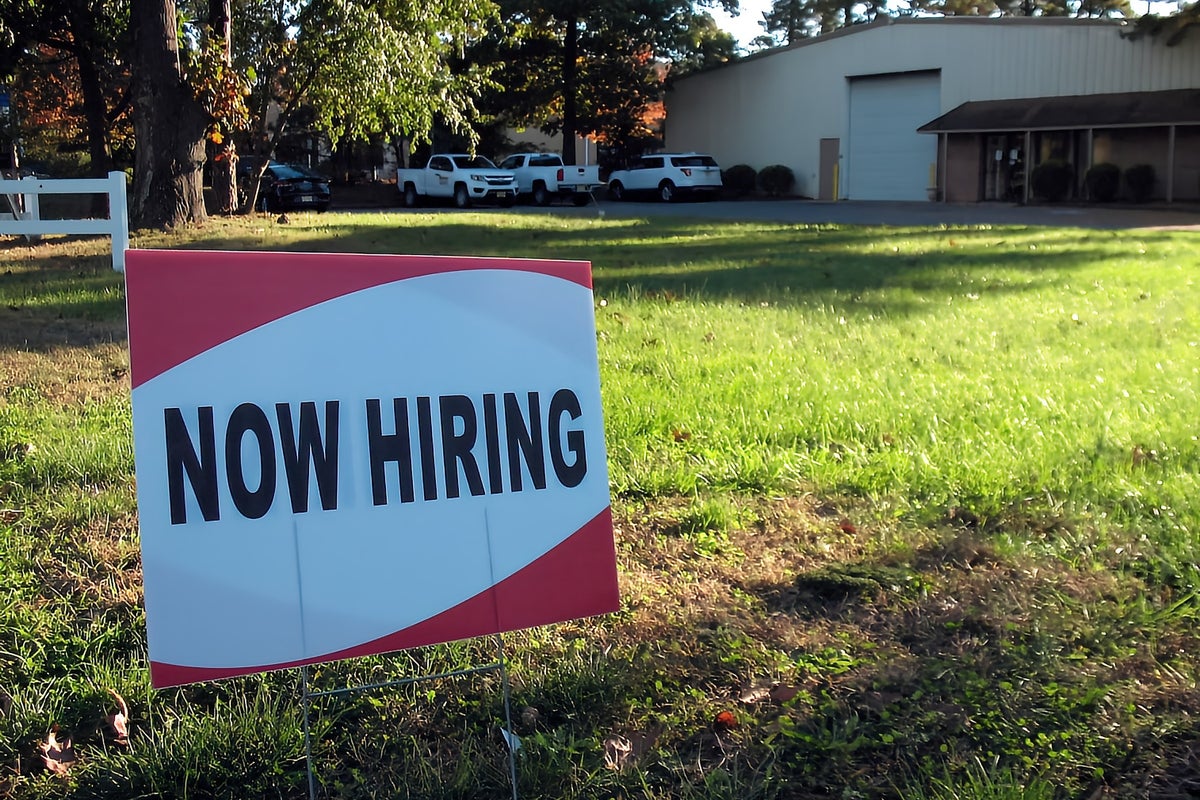[ad_1]
Cannabis detractors often argue that increased marijuana use diminishes motivation, impedes cognitive function, harms health and negatively impacts economic well-being among adults.
In order to challenge these unproven hypotheses, researchers at San Diego State University and Bentley University explored the impacts of recreational marijuana laws on employment and wages. The researchers’ study, “The Effects Of Recreational Marijuana Legalization On Employment And Earnings,” is the first to explore the impacts of legalization on wages and labor market outcomes.
Does Recreational Cannabis Affect Employment And Earnings?
The study, published by the National Bureau of Economic Research, found little evidence to support the notion that recreational cannabis adversely affects labor market outcomes. At the same time, the study found that cannabis legalization was not associated with an important change in the wage rate paid to workers or the rates of employment.
However, the study provided evidence that recreational cannabis adoption is associated with an increase in agriculture employment among working-age individuals.
“The magnitudes of these employment effects are about .1-to-.2 percentage points. This positive employment effect is consistent with the hypothesis that [recreational cannabis] adoption opens up a new licit industry that may on the net increase employment opportunities in the production and cultivation of marijuana (…) the boost in agriculture employment lags adoption by 2-to-3 years, consistent with lagged recreational dispensary openings,” stated the researchers.
An Improvement For Blacks And Latinx
The study explores the heterogeneity in the labor market effects of cannabis legalization by race and ethnicity.
“We do detect some modest evidence that younger Hispanics and Blacks may see a modest improvement in labor market outcomes from [recreational cannabis] adoption,” per the study. “Removing criminal records for marijuana possession may disproportionately aid young Black and Hispanic individuals who have borne the brunt of the enforcement of marijuana prohibition.”
Specifically, the study found that the legalization of cannabis for adult use is associated with a 1.8 percentage-point (2.5 percent) increase in the probability of employment for 21-to-29 y/o Hispanics and a 6.9 percent increase in average wages for 16-to-20 y/o Blacks.
Cannabis Retailers Drive Economic Growth, Not Crime
Another study, published in June 2022 and commissioned by the city of Sacramento, California, found that licensed cannabis businesses stimulate economic growth and are not magnets for crime.
“Consistent with prior studies, investigators reported that homes in close proximity to marijuana outlets experienced a greater rise in value than did other residences in the city. Authors also rebuffed the allegation that marijuana retailers were associated with an elevated risk of criminal activity,” NORML stated in a press release.
“Between 2018 and 2021, fewer than one percent of all robberies and burglaries reported to the Sacramento Police Department were associated with the cannabis business,” the report found.
Contrary to the popular belief that retail cannabis is a potential driver of social unrest and crime, the analysts behind the study found quite the opposite. Cannabis has tangible effects on the local economy by accelerating the process of job creation and, consequently, socio-economic inclusion.
NORML reported that the cannabis industry is the ninth-largest employer in Sacramento. The researchers concluded that the cannabis industry “is responsible for nearly 8,000 jobs citywide.”
Photo by Ernie Journeys on Unsplash.
[ad_2]
Image and article originally from www.benzinga.com. Read the original article here.

